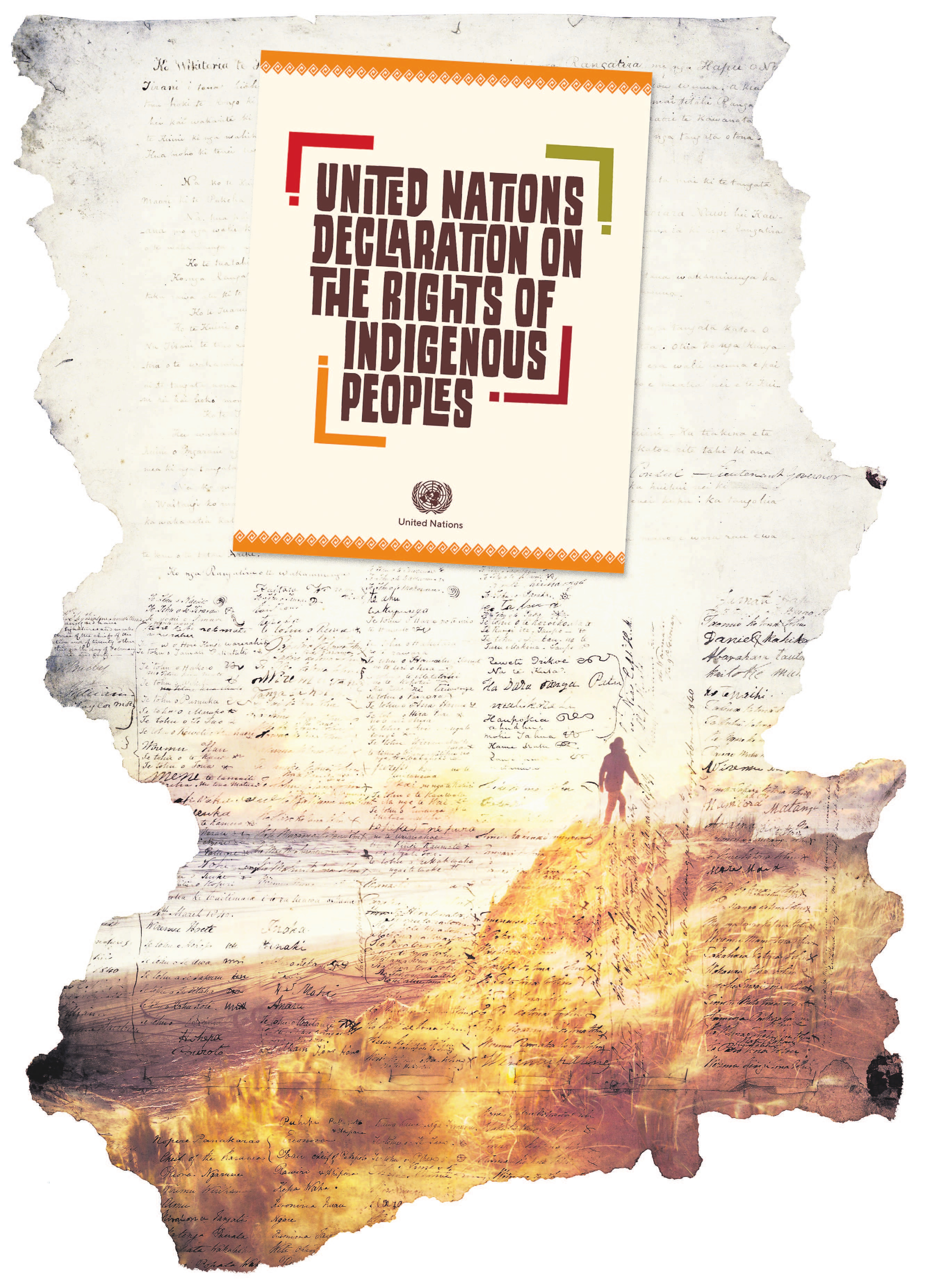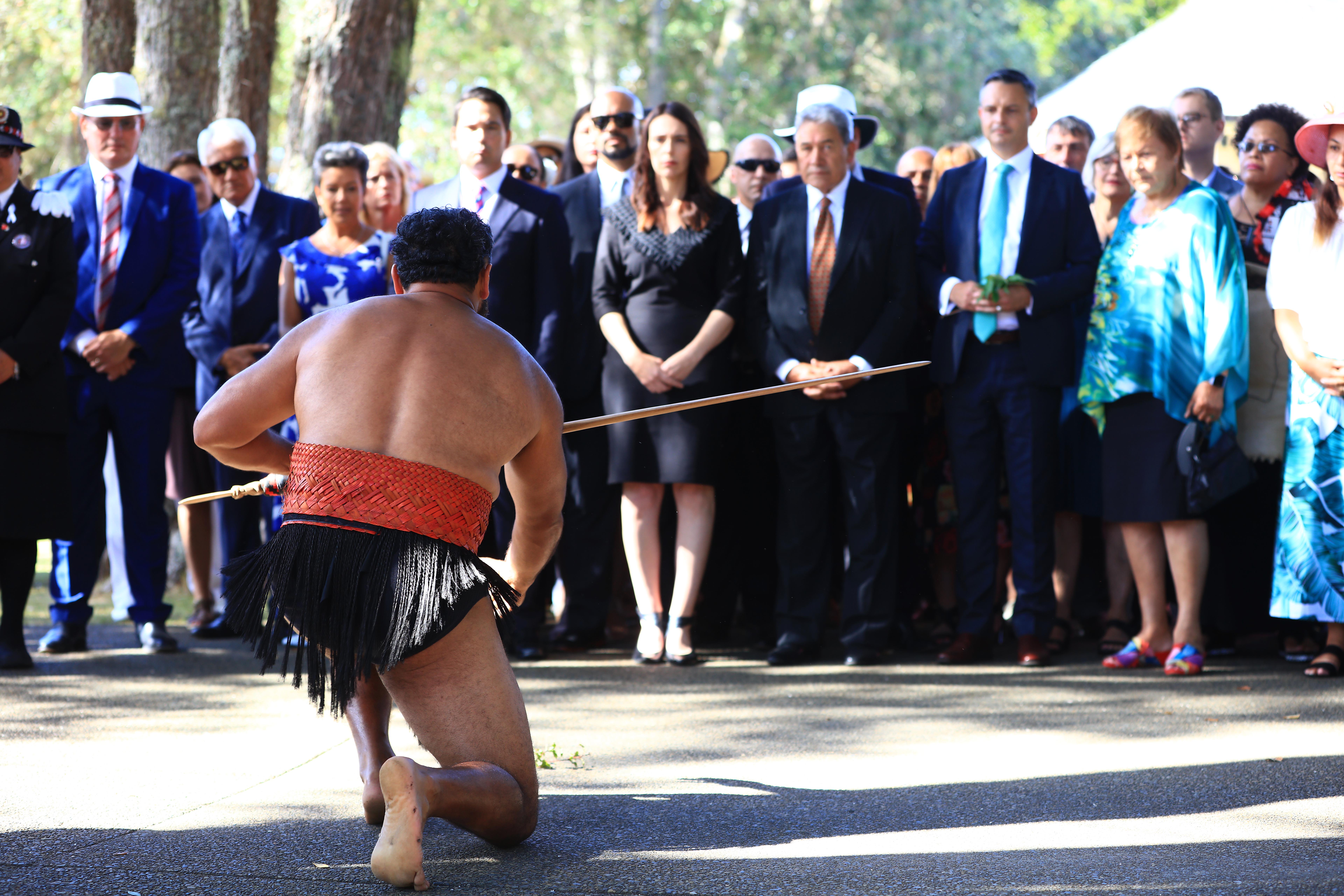
The call to Rarohenga comes early for Maori, while their Pakeha contemporaries take another turn around the cruise ship deck, their names not yet on St Peter’s list.
That premature mortality was the headline data in a recent Southern District Health Board report. Though hardly news.
Specifically, the report found "life expectancy differentials" of 6.8 years in Maori women and 7.3 years in Maori men. They are no trifling fractions.
Take the latter figure. If we assume it’s the twilight years in play here, then they might be the years in which you watch your mokopuna grow, pass on your matauranga, share your reo and tikanga. But not if you are already keeping company with Hine-nui-te-po, those years are not then available.
And in the telling of distinguished Maori lawyer Dr Moana Jackson, te ao Maori is a mokopuna-centric world. Those are important years.
The report goes on to say the differential, which actually got worse in recent decades, is affected by "unequal distribution and access to resources such as income, education and employment, factors which often compound one another".
So Maori are dying younger, and doing so because they have unequal access to the basic material foundations of life.
It’s a fail, and it is because of colonisation. The SDHB report lays that connection out in black and white: "This inequitable distribution of determinants of health, particularly for Maori, is rooted in structural hierarchies that are associated with colonisation," it says.
That’s how colonisation rolls the world over, the report notes. It rolls right over the top of indigenous populations.
And here in 2021, it would appear the reality of colonisation remains baked into our country’s institutions, which carry on the work — even in the Covid vaccine rollout. As calls grow to loosen restrictions, Delta or not, it’s Maori who have been failed by the vaccine rollout. It raises the question of who should be making that call, and for whom?
Speaking earlier this year at a bookstore event, Dr Jackson said colonisation tended to be talked of as a phenomenon of the past.
"When I ask people, well, if it was just in the past, when did it finish? No-one has been able to give me a satisfactory answer."
That’s because it has not yet finished, he told the crowded room.
"This is still a country that lives not just its colonising past, but in the present is still trying to deal with the consequences of that past."
Which brings us to He Puapua — a report met with howls of outrage from some quarters and now occupying an uncertain place in future thinking.
He Puapua, literally meaning "the break" and used here in the sense of a break from the past, is the paper written for the Government on how it might implement the UN Declaration on the Rights of Indigenous Peoples (UNDRIP) — a document that mandates self-determination for indigenous peoples.
The Government, National Party-led at the time, signed up to the declaration in 2010, later than most. Then nothing much happened for the best part of a decade until a declaration working group was pulled together in 2019 to look at what self-determination should look like here.

University of Otago law professor Jacinta Ruru was one of those invited on to the group.
She agrees, when asked, that He Puapua can be seen as part of the process of moving on from colonisation.
Colonisation’s impact on Maori, leaving many down the wrong end of a long list of wellbeing indicators, was no fluke, she says.
"That is not just by happenstance; that is the deliberate outcome of colonisation and that was the deliberate process of what colonisation was all about," she says, dropping into the most serious tone she’ll use all interview. "You can look around the world where they have had a colonising intent, what happens to the indigenous people is the same as what happened here. Laws and policies have supported that colonisation intent."
However, she says the declaration working group was looking forwards. Her tone lifts again as she frames the bright future she still thinks possible.
"We’re thinking about creating a country, a reconciled country, a country of reconciliation," Prof Ruru says.
"I suppose in He Puapua we wanted to focus in on how do we create the change. How do we create that structural, systemic change that is going to enable reconciliation, that is really going to be able to live up to that declaration on the rights of indigenous peoples, live up to Te Tiriti o Waitangi, and live up to 40 years of engagement that we have had about honouring the past wrongs that have been done."
Or as the report itself describes the vision: "Maori and the Crown enjoy a harmonious and constructive relationship and work together to restore and uphold the wellbeing of nga tangata, Papatuanuku and the natural environment".
It talks of equity, respect, security, integrity and confidence — a flourishing society.
The working group was not resourced to do its own new research, and did not set out to frame new ideas, Prof Ruru says.
Rather, it took the UN declaration, read it in the context of Te Tiriti o Waitangi and then drew on the likes of the Matike Mai o Aotearoa report and work by the Waitangi Tribunal.
"We were about trying to bring together the ideas that New Zealanders have been working on for many, many years. That turned us to rely quite heavily on the Waitangi Tribunal — many of the Waitangi Tribunal reports."
What they came up with was a plan, to be moved through in stages, involving widespread engagement, to work towards a power-sharing arrangement for the country that would meet our obligations under the UN declaration while realising the commitments made at Waitangi in 1840. All this would be achieved by the 200th anniversary of the Treaty signing in 2040.
It’s not all system-focused stuff. For example, Prof Ruru talks about raising people’s awareness of when they are moving from one iwi’s rohe to another; a richer more informed awareness of place.
But central to He Puapua is a concept of "spheres of authority", so government in our land of the long white cloud would encompass a rangatiratanga sphere, a kawanatanga sphere and a joint sphere.
Here’s the report’s description: "The rangatiratanga sphere reflects Maori governance over people and places. The kawanatanga sphere represents Crown governance. There is a large ‘joint sphere’, in which Maori and the Crown share governance over issues of mutual concern."

"We knew that what we were designing was not going to be the policy of the Government. It was very clear that what we were trying to do was put together on paper some ideas," Prof Ruru says.
So, what was going to be most important was a Government-designed consultation programme, with the He Puapua report as a background paper, looking at what we wanted to do as a country.
"It is much easier to go out when you have something to refer to and have a look at: ‘Yeah, that makes sense; that doesn’t make sense ...’."
That thinking contributed to the decision to borrow from Matike Mai o Aotearoa, a report on constitutional transformation published in 2016 after years-long consultation involving thousands of Maori up and down the motu. The report’s authors, principally Dr Jackson and Prof Margaret Mutu, were commissioned by the Iwi Chairs Forum.
Matike Mai framed the multi-sphere model of government in the belief that Maori "like all peoples, always assumed and gave effect to the right of self-determination".
He Puapua picks that up adding "there is extensive literature and empirical evidence that demonstrate the positive outcomes realised when indigenous peoples make decisions for their own economic, social and cultural development".
Self-determination underpins the United Nations Declaration on the Rights of Indigenous Peoples. The UN document runs to several pages, but at its heart says: "Indigenous peoples have the right to self-determination. By virtue of that right they freely determine their political status and freely pursue their economic, social and cultural development".
They have the right to autonomy or self-government, it continues, and to strengthen their distinct political, legal, economic, social and cultural institutions.
The work of the Waitangi Tribunal in recent decades has highlighted that this sort of self-determination was what Maori always believed they were signing up to in 1840.
The Waitangi Tribunal’s Te Paparahi o Te Raki stage one report, on its inquiry into Northland claims, concluded that the rangatira who signed Te Tiriti in 1840 in no way regarded it as an act of ceding sovereignty.
Such spin, by William Hobson at the time and others since, wasn’t supported by the balance of power in the country at the time, nor by the speeches of the chiefs at the signing — particularly given the context of the earlier declaration of independence by northern iwi and hapu in 1835, He Whakaputanga o te Rangatiratanga o Nui Tireni.
It would have been unthinkable for the Maori leaders to abandon tikanga, their whanaungatanga and kaitiakitanga-based world view of "what ought to be", for an alien set of laws and norms.
Another Waitangi Tribunal report influential for the declaration working group was Ko Aotearoa Tenei, the report on the Wai 262 claim.
Among other things, Ko Aotearoa Tenei found that the relationship between the Crown and Maori must change "into a 21st century relationship of mutual advantage in which, through joint and agreed action, both sides end up better off than they were before they started."
That would need to be a partnership, but at present Maori remained marginalised, sidelined from decisions of vital importance, the report records.
Among the many examples given in the Wai 262 report, the tribunal found that despite the Resource Management Act providing for Maori to be given responsibility for the care of significant areas, there was little evidence of it having happened.
As a result, Maori were unable to exercise their "tino rangatiratanga", or full authority, over their "taonga katoa", treasured things, as guaranteed in the Treaty.

And keeping in mind those early mortality statistics, the report also found Maori had been prevented from accessing traditional health care knowledge — something for which the UNDRIP specifically advocates, alongside access to other social and health services.
Ko Aotearoa Tenei recommended thoroughgoing reform in the areas of health, education, science, intellectual property, resource management, conservation, the Maori language, arts and culture, heritage and foreign affairs.
"These reforms aim to establish genuine partnerships in which Maori interests and those of other New Zealanders are fairly and transparently balanced," the tribunal report says.
The "whole-of-government" response to Ko Aotearoa Tenei is under way, money having been set aside in last year’s Budget to support the work, Te Pae Tawhiti. Next steps are to be announced this year. That sort of small "d" decolonisation, as it’s been called, can also be seen in the decision to set up a Maori Health Authority and the work at Te Arawhiti, the Office for Maori Crown Relations.
Which brings us back to He Puapua.
In terms of political hot potatoes, this one may have proved too hot to handle.
When He Puapua was first made public, it was seized on by some as evidence of a plot to destabilise the State and sink representative democracy as we know it, among other calamities.
The Minister for Maori Development Willie Jackson, who is overseeing the Government’s response to the UN declaration, backed away from it, describing the report as "a collection of ideas, suggestions aspirations and hopes for Maori — something to add to our discussions". But not Government policy and not something the Government would be advancing.
However, the Government is still working on a declaration plan, initially engaging with representatives of the Iwi Chairs Forum, the Human Rights Commission and others, with the aim of putting a draft in front of Cabinet in December that could then go out for wider public consultation in 2022.
It appears He Puapua might be a footnote in the UNDRIP story in Aotearoa, rather than an executive summary.
And yet, the Iwi Chairs Forum still links to it on its website, and continues to promote its own "spheres of influence" vision Matike Mai.
And Prof Ruru — who sounds genuinely appalled and perplexed at the characterisation of He Puapua as some sort of aberrant back-room plot — says the report is part of the developing understanding of New Zealand’s past and present and what that means for the future — part of a bigger picture, populated by the likes of Te Paparahi o Te Raki, Ko Aotearoa Tenei and Matike Mai o Aotearoa.
All these documents, from the UN declaration to the Waitangi Tribunal reports and now He Puapua, involve change.
"I think the change will require some change in some of our practices and we will see some shift in power, and so on, but signing up to any international declaration or making commitments to human dignity and human rights ought to make change," Prof Ruru says.
"I really hope this is going to be positive transformative change for all of us, as a country.
"It is not working now, decision-making and so on, it is certainly not working for Maori in many sectors of New Zealand society. So this change I think is more about making a respectful reconciled Aotearoa that gives all of us as New Zealanders much more confidence in who we are, to walk and live and be in this country. To be really proud to be of New Zealand."
It need not be seen as threatening, she says, and that’s certainly not its intent.
"At the primary centre for Maori is whanaungatanga, relationships. Relationships are core, so I don’t think there is much to fear here. ... Change in itself can be fearful, but the outcomes are going to be empowering I think for all of us as New Zealanders."
Dr Jackson had another take, in his bookstore talk, on how that change might be faced.
"It seems to me that change can often be difficult, but it is a wonderful difficulty," he said. "Because it challenges the intellect, it challenges the courage, and it challenges the ability to dream."
He Puapua says Aotearoa has reached a maturity where it is ready for that.












